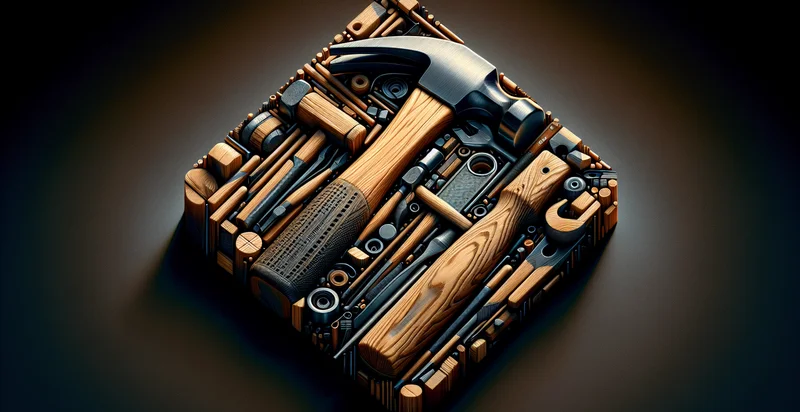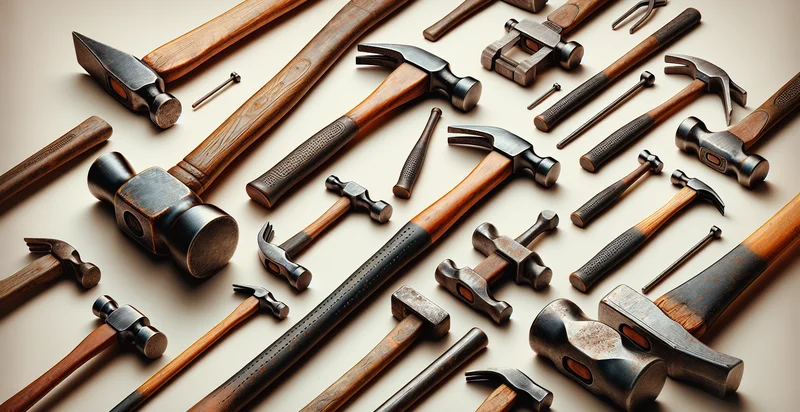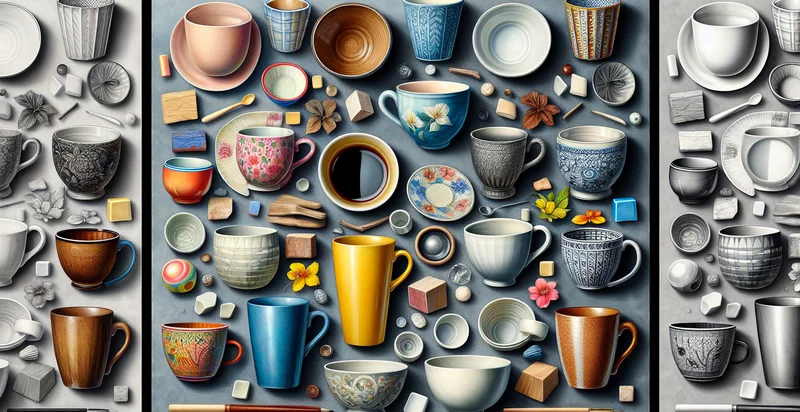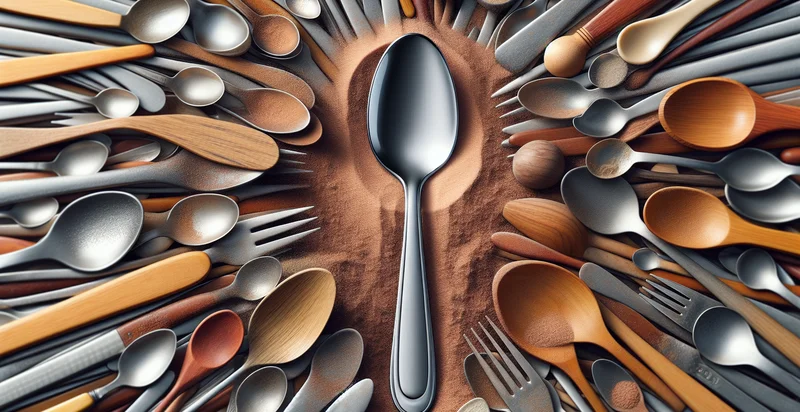Identify what material a hammer is made from
using AI
Below is a free classifier to identify what material a hammer is made from. Just upload your image, and our AI will predict what material a hammer is made from - in just seconds.

Contact us for API access
Or, use Nyckel to build highly-accurate custom classifiers in just minutes. No PhD required.
Get started
import nyckel
credentials = nyckel.Credentials("YOUR_CLIENT_ID", "YOUR_CLIENT_SECRET")
nyckel.invoke("what-material-a-hammer-is-made-from", "your_image_url", credentials)
fetch('https://www.nyckel.com/v1/functions/what-material-a-hammer-is-made-from/invoke', {
method: 'POST',
headers: {
'Authorization': 'Bearer ' + 'YOUR_BEARER_TOKEN',
'Content-Type': 'application/json',
},
body: JSON.stringify(
{"data": "your_image_url"}
)
})
.then(response => response.json())
.then(data => console.log(data));
curl -X POST \
-H "Content-Type: application/json" \
-H "Authorization: Bearer YOUR_BEARER_TOKEN" \
-d '{"data": "your_image_url"}' \
https://www.nyckel.com/v1/functions/what-material-a-hammer-is-made-from/invoke
How this classifier works
To start, upload your image. Our AI tool will then predict what material a hammer is made from.
This pretrained image model uses a Nyckel-created dataset and has 15 labels, including Aluminum, Bronze, Carbon Fiber, Ceramic, Composite, Copper, Fiberglass, Iron, Nickel and Plastic.
We'll also show a confidence score (the higher the number, the more confident the AI model is around what material a hammer is made from).
Whether you're just curious or building what material a hammer is made from detection into your application, we hope our classifier proves helpful.
Related Classifiers
Need to identify what material a hammer is made from at scale?
Get API or Zapier access to this classifier for free. It's perfect for:
- Quality Control in Manufacturing: This function can be employed in manufacturing plants to verify the material composition of hammers during the production line. By ensuring that each hammer is made from the specified materials, quality assurance teams can reduce defects and maintain product standards.
- Material Compliance Verification: Businesses can utilize this identification function to ensure compliance with industry regulations regarding material use in tools. This is especially important in sectors where specific materials are mandated for safety, durability, or performance purposes.
- Inventory Management for Retail: Retailers can use the identification of hammer materials to manage inventory more effectively. Understanding the material composition can help in categorizing products, optimizing stock levels, and enhancing customer recommendations based on material preferences.
- Research and Development in Tool Design: R&D departments can leverage this function to analyze and experiment with different materials for hammer production. This will allow designers to create more efficient or innovative tools by understanding the properties of various materials better.
- Customer Support and Training: This function can aid customer support teams by providing information about the material properties of hammers. Training programs for sales staff can also benefit by arming them with knowledge about the benefits and drawbacks of different hammer materials, enhancing customer interactions.
- Second-Hand Tool Evaluation: Resellers or second-hand market platforms can integrate this identification function to evaluate the materials of used hammers accurately. This would help in setting appropriate price points and ensuring that buyers are informed about the quality and longevity of the tools.
- Environmental Impact Assessment: Organizations focused on sustainability can use this function to assess the environmental impact of different hammer materials. By identifying and analyzing the materials used in production, companies can make informed decisions about switching to more eco-friendly options or promoting recycled materials.


